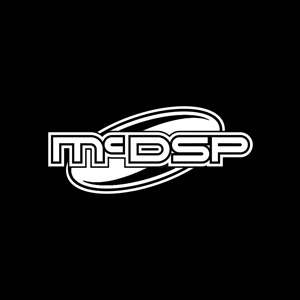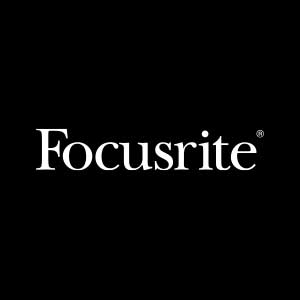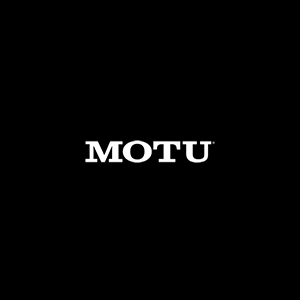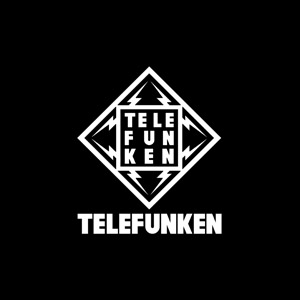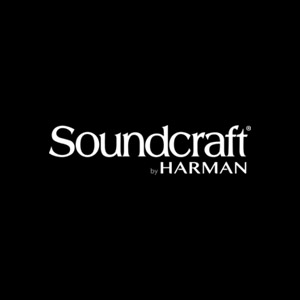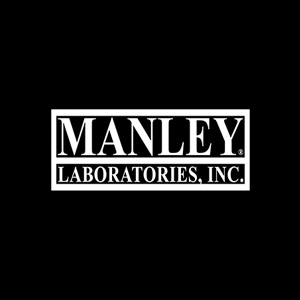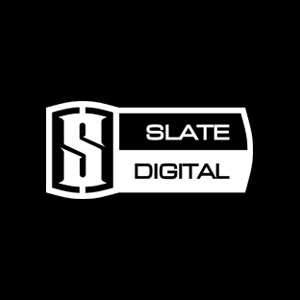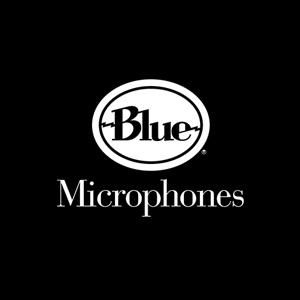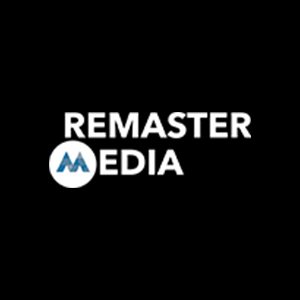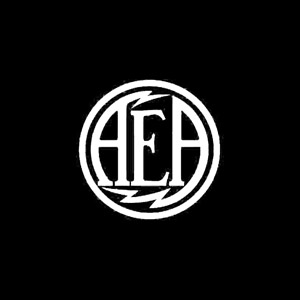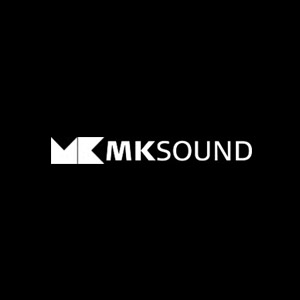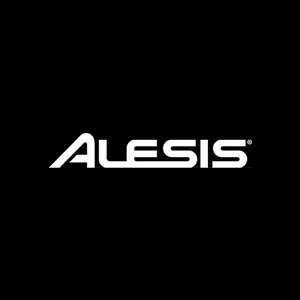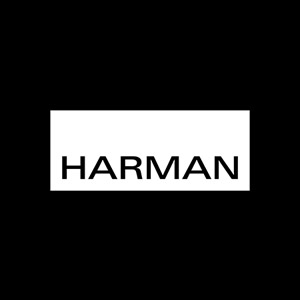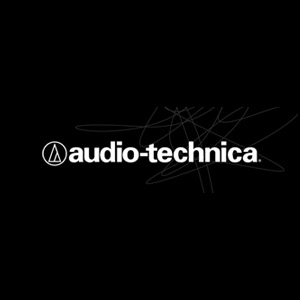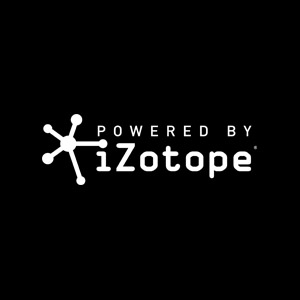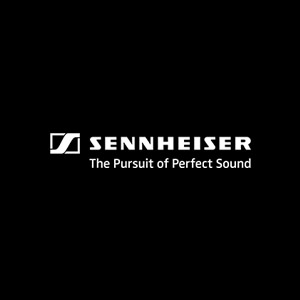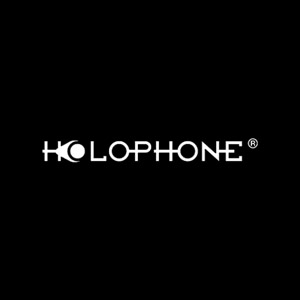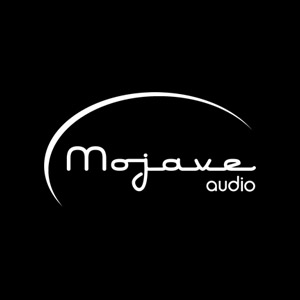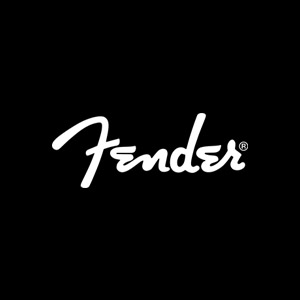CRAS Grad Panel Part 3
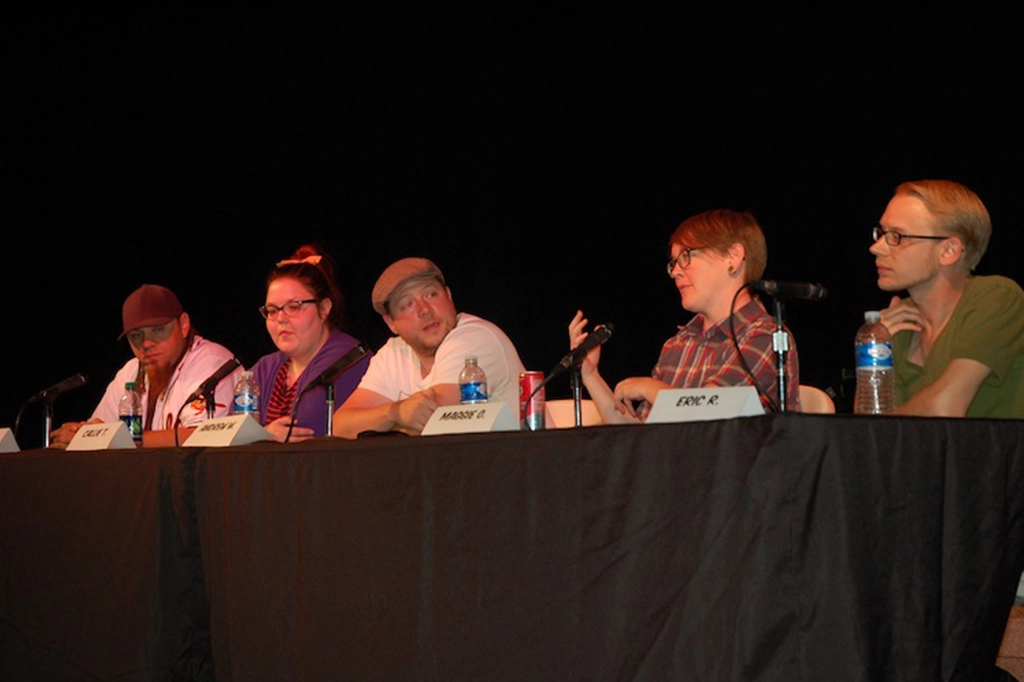
Following up on our Grad Panel post from yesterday, here is the continuation:
Crowd Question: What’s your internship nightmare story and what did you do to resolve or fix that situation?
Callie: I didn’t have an internship nightmare, but I had a few runner nightmares. I’m originally from Texas, and when I came here this was the biggest city that I’d ever been in. I’m from west Texas, and then I moved to LA. I’m not used to parking garages, I’m not used to paying for parking, I’m not used to four story malls in the middle of Hollywood, so… I had to go on a run for our ADR stage. They had ordered pizza. It’s in this mall. First of all, it took me forever to figure out how to get into the mall and park and find where the pizza is. Next thing I know, I’m getting the pizza and I don’t remember where I parked. So I have the client’s food, whatever actors were in the studio, and the ADR mixer’s food who is very particular about his lunches. And there I am, lost in this four story mall, just no idea of where my car is. So I’m on the brink, I’m already starting to tear up a little bit, freaking out. I think they were trying to call me, people at work thought I had gotten into a wreck. They started to get worried because the clock was ticking. Finally I find my car and then I go to get out of the parking garage, and they go “Alright, that will be $2.50.” No money. And then instant tears. Just crying, “Oh no, I’ve messed this up!” But the poor lady at the parking meter felt sorry for me and let me go. I finally get back and the food’s cold, everybody thought I was in a wreck, I felt terrible. Luckily for me, they were all very nice but you know, it was just the big city and I wasn’t used to it. And I had to learn the hard way to be prepared. Google whatever you need to to figure out where you’re going. The quickest, fastest possible way and remember where you park your car.
Andrew: Definitely when you get a job in a studio, scout the neighborhood. I remember when I got my internship, I drove around in a six mile radius in every direction, wrote down every restaurant that was around there and how to get there. Because clients don’t know who’s getting the food and they don’t care. They just know that if they go to eat it and it’s cold, someone is getting yelled at. So absolutely scout the area, do your homework. You never stop doing your homework no matter what level you get to.
Jeremy: Yeah, I don’t have any internship horror stories, but when I was actually on the job up in Canada for their movie they’re putting out for Metallica… We’re playing these huge hockey rink arenas, you know huge. I think we’re in Edmonton, or Vancouver. We had to hang audience mics from the catwalk. So the head engineer John Harris comes in and he’s looking around, “OK we want audience mics here, here and here.” And I’m the stage guy, I’m the one in there dealing with the band and everything, and I had to run the audience mics. So I’m looking up at the catwalk. Oh yeah, no problem, I’ll go up there and hang all these mics, thinking I’m trying to be all gung-ho about it. You know, I want to keep this job, it’s a sweet gig. Well I go up there with my big bag of mics and cables and everything, not realizing that it’s like a million feet high. The catwalk is wood, with holes in it, and you know, I’m a big dude. I’m like 240 pounds! I’m walking up there and I look down, and I’m like “what the hell did I just do.” I’m trying to walk down this catwalk and I’m shaking, my knees are giving out. They’re building the stage down there and I’m just about to fall over and die. It’s over. Luckily the riggers were up there with the lighting and everything. I said “alright guys, so here’s what we gotta do.” And I just take command of them. “I need you to run over here and drop this cable down 100 feet, and this one…” and they all just went around and I was like “I’m gonna stay right here in the middle, let me know when you’re done, and I’m gone.” Scared the hell out of me. Didn’t do that the next city.
Andrew: I don’t know if I have a personal horror story, but I did witness some pretty horrific things. Either the engineer, or the second engineer, some stuff that happened to some poor interns. I was assistant engineering on this big string session for a big pop record. I think it was some Pussycat Dolls record, some big pop record. We had a full string…full orchestra in the live room. Keep in mind these are union musicians, so they’re on the clock. Time is money. If they go one minute over on a lunch break, it’s overtime. If they go one minute over whatever they’re scheduled to be there, it’s over time. You’re talking they are getting paid like $300 an hour each, and there’s like 60 of them in there. So you can imagine how much money can be wasted with wasting time. Well, there was a coffee run for all of the musicians, and the runner brought the coffee back. They handed out the first coffee to the string player on the end, and he tasted it and said “aw, it’s kind of cold.” The producer ran in and was like “If one’s cold, they’re all cold. Get those coffees out of here. Someone go get them again. And whoever brought that coffee, I never want to see them in the studio again.” That’s a very extreme example but you said horror story, so that’s pretty much the most horrific thing I’ve seen happen to an intern. The guy does business there, he makes the studio a lot of money, so unfortunately the studio manager didn’t want to let the guy go. A cold coffee could happen to anybody. Do your research and know that guy doesn’t play games. Cover your ass.
Eric: I saw a guy get fired over a piece of cheese. He forgot to get American cheese on a sandwich. The producer opens up the sandwich and said “where my motha-f***in’ cheese at?! Get out of here.” Never saw that guy again. A slice of cheese.
Andrew: It can be brutal but you got to prepare yourself for it.
Eric: Not everybody’s like that.
Andrew: Yeah, these are extreme cases but, again you have to prepare for everything. If you’ve read about a producer and you’ve heard stories that he is one of those guys – because they’re out there – you just have to know if you get called upon to do a run…if there’s ever a time to not screw it up, that’s the time, you know? Do whatever you can. If you have a run that’s far away and you don’t want the food to be cold…there’s a trick that I used to do where you would take the bag and you would put it next to the heater, and turn the car heater on. It sounds stupid but it works! Anything you can do to prepare yourself, and if you can prepare fully and it still doesn’t work out, maybe it wasn’t meant to be. You just gotta do everything in your power to make sure that you don’t get caught in one of those horror stories.
Becky Fimbres: Don’t they call that pre-production? Planning? Horror stories are great, but I want you guys to share your “this is why I do this” moment. Like that one moment in time where you’re like, “You know what, this is worth it all.”
Eric: The best session of my life. Well I got called to assist a session, and the manager told me who it was. Basically I was assisting a session that Quincy Jones was producing. It was Herbie Hancock playing piano, Nathan East playing bass, Vinnie Colaiuta playing drums, and Paul Jackson Jr playing guitar. If you don’t know who any of those musicians are, they are basically the A-list of the A-list session players – of all time. To me that was the most amazing experience of my life. Right from the first note…you know, the engineer, he was 75 years old. He had done Frank Sinatra records. And it was Quincy Jones producing. From the first note it was nothing but perfection. To me, that is what I love seeing. Great musicians, great engineers, great studio, great gear, great music. It can’t get any better.
Maggie: I think it’s my whole journey from the time I started at Blue. I literally just started answering phones. I worked in a studio. I had horrible hours, the clients were really tough, lots of egos. All the things that were my hell, was what I was doing every day, for 20 hours a day. So, I just wanted a job where I could get benefits and figure out what I could do next on a 9-5. That way I could still do freelance gigs, or I could work at bars and do sound at night and figure it out. I’d say maybe two years into it, I had a partner that we shared the same position, who is actually a CRAS grad too. Blue recently had come under new ownership, and the guys who bought it, they were like “We have to expand this thing.” They’re the young guys who just came out of Harvard, and are really tough and have these really hard ideas. Some of our areas at Blue were lacking. When I started there, there were 8 people who were responsible for the entire brand. I can remember the day, he was acting as CEO at the time. He was kind of the guy you dreaded. He never said anything nice. Every other word he said was an f-bomb, which is funny sometimes, but you’re like god, cheer up a little, right? He came to me and my partner and was like, “I feel like, with you guys we have this two headed monster. And we’re not making the most out of it,” of course with a bunch of other words in-between there. And he was like, “Can you run service, can you run production, and can you buy all this shit? Because we don’t have anything and we can’t build any of the pro mics because we can’t get parts in.” And so we looked at each other and were like, well, we’ve never done this. It looks really scary. If we fail, he’s awful….Yeah! OK we’ll do it! He had different ideas. He wanted one of us to run all of production, and one of us to run service. But at the time, we really worked well together. So, we were like, hey listen, let us run this together and if you don’t like it, we’ll revisit. If we’re not successful, we’ll revisit. And he was like, “Alright, I’m just waiting for you to f-up. Do it however you want, you guys are young, whatever.” Over the next couple years, there were trials and tribulations. I walked into the purchasing role with no parts, no vendors, no blueprints, no drawings, not really any samples, but a huge back order. So we went through all these hoops and stuff and my partner actually ended up leaving, so it became just me. After we grew some more and got a new CEO, that guy came into the office, who was still a big shareholder in the company, and he just walked up right behind me and you just feel this daunting presence. I’m standing there, and he’s like, “O’Brien, I’m still waiting for you to f*** up.” And I was like, cool! It’s not happened yet! We got this. So I think that was pretty rewarding, someone who has destined you to mess up, and they’re like do whatever you want but I’m waiting for you to have to clean this up – to be like, yeah it’s been three or four years and I’m still waiting. I’d say that’s probably it.
Andrew: For me, I guess as far as what I’ve seen in a studio that was really cool, along what he was talking about was…I was engineering a session at East West Studios in LA, which used to be Cello Studios back in the day. It’s an amazing studio, amazing vintage Neve console, every vintage microphone that you could imagine. The most insane sounding live room you could ever imagine. Most of the drum libraries these days are recorded in there. The music podium that Frank Sinatra used to write his notation on is still in the room. You get goosebumps when you walk into the live room. Me, being an engineer nerd, I clap my hands to hear the reverb of the room, and I’m just like “Oh my god, this is the greatest thing ever”. So we were recording horns and a bunch of live stuff for the Burlesque movie soundtrack, and we had a bunch of kick ass live studio musicians. They’re laying down some parts for the record, and the producer comes in. He’s listening and he says “Man, this is great! Alright, I think we got it guys.” And they didn’t stop playing. “Guys, guys, I think we got it.” And they just kept ignoring him and kept playing and then they started playing into something else. They just started jamming on their own, because they were vibing so much they didn’t want to stop playing. The song was over, and they went into something else. A whole different key, a whole different tempo. They literally jammed for, had to be an hour. And I’m freaking out because I don’t know how long the disk allocation is set on the rig. You can change how long it [Pro Tools] can record, and I’m like this stuff better not shut off. We didn’t end up using the material for anything, but just the vibe of seeing that was just absolutely crazy. So, for in a session, that has to be it. As far as me, personally, my proudest moment was a Grammy nomination. When I got that, and I got to go to the Grammy’s and I saw my name in the pamphlet and all that, I was pretty freaked out.
Becky: That was for Rhianna, right?
Andrew: That was for Katy Perry.
Becky: Oh, Teenage Dream.
Eric: That little record.
Andrew: Yeah, it was OK. Seven number one singles.
Eric: I thought it was eight?
Andrew: It might have been eight. Seven, eight, nine, six?
Eric: Little hits.
Andrew: But yeah, when I saw that I was…I never in a million years would have thought, when I was sitting in the seats you guys are sitting in, that I would get there. I’m just me, any one of you guys could get there too. You just have to work hard.
Callie: I think the most excited I was…the first movie that I worked on. I didn’t even really know what an assistant did and mainly what we do is we take all the production audio that was recorded on set and we build it and give it to the dialogue editor to go through and clean up. And we have to be the communicator with the picture department. So I got bumped up into this position that I had no idea about and I’m having to contact the picture department to get the material. They’re talking about OMFs and EDLs and I’m just like…what is all this stuff? And then I’m getting production dailies on disks that I have to break open to get the data off and…you know, it’s just a learning experience. So the first movie it took me forever to assemble every little piece of dialogue in that movie. It just took forever and it was such a trying experience, and when it was finally over and we went to see the movie in theaters, just to see my name roll across the screen…it was like, OK. It made me feel like all that work, all that headache, heartache, whatever, it all just went away when I got to see the finished product, and know you’re a part of this. And then when you get to hear people enjoy the work that you have helped to be a part of. You know, that’s a big thing. I love it when people are talking about the sound of a movie, and you’re like “Oh my gosh, we did that. I know the guys who worked on that, or I worked on that.” You know, it’s great. It’s just such…there are so many days when you are in there wondering why am I doing this? You know, you’ve just been driven crazy by everything. So those moments, those happy little moments of people saying “that sounded great!” or when I saw my name for the first time. It really was like, woah, this is happening. I never would have thought myself, you know, small town girl,Twilight…
Andrew: Yeah, it freaks you out sometimes.
Callie: It does! It’s weird.
Andrew: Yeah, I used to do construction.
Callie: It makes you be like, OK, this is what all the hard work is for. All those little moments that make you happy and that you become prideful in what you do. And you’re happy for yourself.
Jeremy: Yeah, I would definitely agree with her. Seeing your name roll up on TV or something like that. I’ve had a couple of those that was really cool. You take a screenshot or you gotta download it online. I guess probably my favorite moment, man I’ve had a bunch. I’ve worked with a lot of people. It’s crazy, but my favorite one would have to be the 12/12/12 concert that we did in New York last year for Hurricane Sandy. So Roger Waters is out on stage jamming, and I’m finishing up setting up the Rolling Stones, they’re coming up next. I’m getting everything patched up and once I’m done with their drums and everything I have about another 15 or 20 minutes before the stage turns and it’s the Stones. So I’m done, and they’re playing “Brick in the Wall”, you know, we don’t need no, education. And I’m sitting there jamming watching the screen with Roger right behind me. I’m jamming out, playing the air guitar and stuff. Adam Sandler is standing next to me, and he is playing the air drums, and we are both just singing we don’t need no education, banging our heads. That’s surreal. You set up the Stones, Roger Waters is there and you’re jamming with Adam Sandler. I don’t know where to go from there. That’s nuts! I thought Metallica was that, but it wasn’t. That’s nuts, Roger Waters. Never would have thought, like he said, sitting there like you guys. I never would have thought in my whole life that I would be able to tell Paul McCartney “hey, play your bass. I gotta make sure my truck has got it.” I mean, how often do you get to tell Paul McCartney what to do? Then he gave me the set list, and signed it.
Andrew: “Yeah, could you turn the level up on your bass, Paul?”
Eric: “Paul, I think you need to tune!”
Jeremy: Yeah. And like I said, I’m two years out of this school, so don’t think that you guys can’t do it, or that it takes ten years before you do it, because I just did it.
Check out more on this discussion here!


